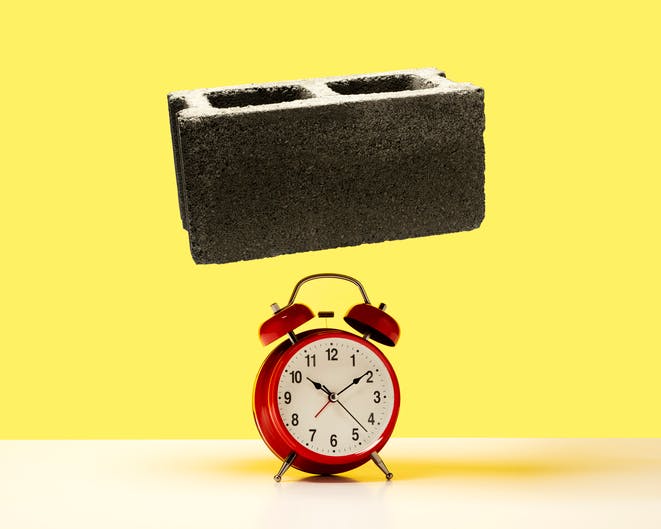America seems ready to call time on daylight saving
A new poll finds that most US adults want to phase out the practice, as the government brings biannual clock changes into question.
For those who woke up lamenting the sleep they lost last night, there’s some good news: the sun could soon be setting on daylight saving time (DST).
While President Trump described the removal of DST as a “a 50-50 issue” last Thursday, softening his previously hard-line anti-DST stance, more state-level lawmakers (and Elon Musk) are moving to scrap the time-honored ritual.
Call it a day
The biannual clock change (forward at the start of the spring; backward for winter) was initially introduced in the US during World War I and later formalized by Congress in 1966. Today, all US states besides Arizona and Hawaii participate — though 20 other states have since passed laws or resolutions to move to permanent DST, with state legislatures considering over 750 bills in recent years to establish year-round standard time as soon as federal law allows.
Generally, it seems that Americans are now less supportive of observing daylight saving. A new Gallup poll found that 54% of Americans surveyed did not support the practice, preferring year-round standard time instead — a complete reversal from decades prior, with 73% of respondents favoring DST in 1999.
Still, this stark shift in opinion could have something to do with the 26-year gap between survey recordings, with an entire digital era in between where Americans might have become increasingly resentful of their smartphone’s untimely wake-up calls.
Cause for alarm? There’s growing evidence that twice-yearly time changes have several negative societal and health impacts, with days after the change seeing higher national rates of car accidents, strokes, heart attacks, overdoses, and even migraines, per NPR.
